|
I promise to blush while I shamelessly share all the wonderful comments readers have posted about The Call House: A Washington Novel. "Call Girls, Cops and Congress "A Riveting Read "A Perfect Beach Read More to come later.
Thank you to the readers who were kind enough to share their thoughts.
1 Comment
As many authors have learned, Amazon is cracking down on reviews it suspects might be from friends and family. In theory, that's not a bad practice. But sometimes they get it wrong. I've read accounts of authors having genuinely glowing reviews deleted because Amazon suspects there's some connection to the author. What I'm going to do, when I can, is post the reviews of The Call House here. First Five Star Review (deleted I'm guessing because we have the same publisher)
By Ellis Chase on May 15, 2017 Format: Kindle Edition "An unexpected story, to say the least. I was fascinated to find that it was based on real events. Also amazed that the author, in a short book, made so many characters so highly developed. I was interested in all of them, and cared about many. Wanted to ask the author what happened NEXT? (Hey, Ms./Mr. Stiles, there's a sequel in there somewhere.) The politics of DC in the time period are complex (but not all that different from now, unfortunately). The book moves fast, is fascinating throughout, and I can't imagine anyone not loving it." It's out. This book I've been living with for such a long time. As a reader, I know how hard it is to take a chance on a new author with a new book. Fortunately, I've got the great people at Goddess Fish Promotions helping me get the word out. And I've lined up a few other sites to help, but beyond that I think I'll have to make it up as I go along. I know all that good advice about having a marketing plan and preparing a super launch, but here's the thing - I don't know yet if anyone will pick it up, read it, and like it. All I know is that I salute everyone who's done this already. And I wish us all good luck. If you'd like to give the book a try you can pick up the eBook here The paperback should be out soon. Ever since I can remember, I’ve always wanted a pen name. Maybe it’s not that weird – I was allergic to dogs so wishing for a puppy was out of the question.
Later, in high school, while my friends were busy writing the names of their boyfriends on their notebooks, I’d be trying out names for the day when I became a published author. Ok. Maybe it is weird. Now that I finally have the chance to use one, it turns out it’s not that simple. Drawbacks Social media for one Does my pseudonym get a Facebook page? Somehow that’s the toughest. Twitter account – easy. Anyone can have several. It’s more anonymous. So is Pinterest and even Instagram. But Facebook somehow is more personal. I don’t want people “friending” someone who doesn’t exist. And having two accounts on this and maybe three accounts on that - plus another blog/website, email, book page - is bound to get confusing. Bios Do I make one up or use my own? I think I’ve decided to use my own. Maybe not everything, but some of what I’ve learned and done. What about interviews? I’ve signed up for a blog tour and said I’d be willing to do interviews. But again, do I create a whole new persona? Somehow that seems wrong. Even though it might be fun. I’d add a few inches to my height, take off a few pounds, give myself great hair, and a posh pied-à-terre in Paris. Maybe I’d like skiing in the winter and surfing in the summer. I could even claim hobbies. And suddenly I’m turning myself into a character in a book. Open Secrets Recently I’ve read about the difference between secret and open pen names. Keeping it secret, like Elena Ferrante, seems a bit pretentious for an unknown. But making it open only seems to matter if you’re Stephen King or J.K. Rowling. At the moment, I doubt anyone cares either way about my real or pen names. I don’t foresee a time when I’ll be confusing my fans by switching genres. So I’ve decided to tell my friends and leave it at that. And the benefits? Early in my career, I needed to learn to write grant proposals. My boss sent me to a two-day workshop in New York. The premise of this particular grant-writing workshop was to learn to write ego-less proposals. Gimmicky but interesting. When we arrived, we were given numbers – we were not supposed to use our names. They broke us up into groups mixing beginners with people who had experience. Our tasks were divided into one-hour units. For each unit, a different person was designated the leader. By the end of the workshop, everyone had been a leader at least once. Ego-less writing The point of all this was to help us learn to take our egos out of the writing process and concentrate instead on what we had down on paper. To make us less attached to our own ideas and more involved in creating a piece of work. Sure, it was a little like being in the army, except we stayed in a hotel and had a cocktail hour at the end of each day where we could use our real names. But it worked. At the end of two days, we had written a decent proposal. That idea of doing something that takes you outside of yourself and your own little world – even if it’s artificial - stayed with me. A pen name is kind of like that. I get to be removed. Approach my writing a little more objectively. I’ve already written about the joys of editing mercilessly. A pen name helps give me the freedom to do that. Maybe it’s an introvert thing There’s an interesting irony in doing this now when it’s all about author branding. Promoting yourself. Getting discovered. Getting name recognition. Blowing your own horn. I’ve never been comfortable with any of it. Fortunately, there’s this pen name who will handle it all for me. 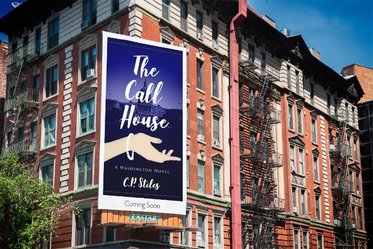 Yes! With the help of a friend or two, I did it. Wrote the description. Put the ebook up on Amazon for pre-order with an official pub date of May 15. You can order a copy here Here's the official description:
A war on vice In Washington, DC—a city constantly awash in scandals? Hard to believe, but it really happened. Only not exactly the way it’s told here. In an upscale residential neighborhood, in a perfectly respectable apartment building, one of the best-known, high-priced call houses on the East Coast operates quietly on the top floor. Everything goes along smoothly until the DC Police and the FBI try to outdo each other in waging a war on vice. This funny, fast-paced novel casts Washington DC as the main character, not just the setting. And as the adolescent world capital fills up with trainloads of hopefuls, you’ll get to know Mattie Simon, who wants some adventure, and Andrew Stevens, the newly elected congressman, who only wants to serve his country. But Washington has a way of changing people--even when they get what they want. C.P. Stiles’ crisp writing and sharp eye for detail keep you smiling as you take in a Washington that never dreamed of today’s scandals—but was on its way to them. 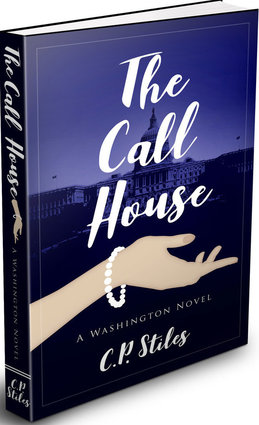 You would think after writing a novel, even a short one, that a 250-word book description would be a breeze. But you’d be wrong. For some reason, it’s harder to come up with a good description than just about anything else I've written.. Now that my new novel - The Call House - is ready to be released, and by ready I mean it’s got a great cover by Al Pranke at amp13; it’s been given a good read through by my favorite editor Lorraine Fico-White at Magnifico Manuscripts (I did make changes after she saw it so any mistakes are my fault); and; John Low at eBook launch has done a great job on the interior. All that’s left is to upload and launch. Except. I still have to write that pesky book description. I’ve read all the good advice, especially by Bryan Cohen, the book description guru. I know it needs a good headline, And followed Joan Reeves advice about taglines and loglines. It’s got to have punch and appeal to your emotions. But here’s the thing. The Call House is based on a true story. A series of events that happened in Washington, DC, in the early 1940s. That’s where it started. Then I invented characters and scenes. Dialogue and events. In other words, it’s a work of fiction. The book is really about Washington, DC, before World War II. The city itself. How somehow it manages to change people in subtle ways. It’s not like high-energy New York. Or laid-back LA. You don’t even realize it until you notice that you’re paying more attention to the news, politics seem to matter, lust for power takes the place of sexual desire. You get the idea. So that’s the backdrop and in a way the main character. But then there’s the young woman Mattie from Tennessee who’s looking for adventure. And the idealistic congressman from Michigan. And the young policeman who’d rather be in college. All caught up in a town that’s in transition. And what about the head of the DC Police vice squad? The head of the FBI? The head of the District Committee in the House? Where do they fit in. We’re talking 250 words. Plus, it’s not really historical fiction. Only it sort of is. And it’s not really romance. Only it sort of is that, too. And it’s got hopes of being literary fiction, only it’s a little too quirky. You see my problem? If you’ve been there and figured out how to solve this, I’d love to hear from you. Many years ago, a friend gave me a book about Washington, DC, published in the 1950s. It was corny and seedy. Blatantly sexist as only those 50s books could be. Aimed at male travelers (women weren’t expected to leave home in those days) and their pleasures. More like the old Playboy guides. But there was one story that caught my eye. To this day, I still don’t know why. I couldn’t shake it so I decided to write about it. Did research. Then more research. Found old newsclips. (Did I mention it was a true story?) Wrote a draft. It was way too ambitious but good enough to earn an arts grant and a reputable and very kind agent. Here’s how kind. He spent two hours on the phone explaining to me where the novel had holes. I rewrote. He sent it out. Nice letters from editors . . . you know the story. Great writing but not right for their house. Too many characters. Love it but we’re not interested. I rewrote. It went out again. The comments this time were less favorable. What did I lose from the first version to the second? After a few months of rejections, I finally decided we ought to give up. Two years later, in a fevered stroke of inspiration, I made it all present tense. Sent it to a friend I used to trust. Let me digress on a point that’s worth a whole other post. What she did was trash it. Yes, she had some things going on in her life that her distracted. And yes, I hate to admit it, but some of what she said ended up being worthwhile. But . . . What she should have done, what I’ve come to understand all friends should do, is return it to me after a miserable page or two and tell me she knew I could do better. Instead in a tone most unkind, she criticized some of my word choices, crossed out whole paragraphs, wrote in the margins — Wouldn’t it be better it you phrased it like this? I hadn’t asked her to edit. Or rewrite. Or be condescending. I compared her new notes to the ones she sent on the first version, and they actually were mean. It wasn’t just my hurt feelings clouding my thoughts. The result — I was devastated. Kept the friendship and never mentioned it again. I also didn’t look at the manuscript for years. But the story stayed with me. I didn’t move on and write the next novel. I didn’t write anything. Skip five years to the present. It finally felt safe to pick up the manuscript again. Not that dreadful present tense version. Not the second version where I tried to please all those editors. But the original. I can see it more clearly now. With this much distance, I’m finally able to be ruthless. To cut out unnecessary words. Sentences that don’t make sense. Descriptions, conversations, flashbacks — whole scenes and chapters are on the cutting room floor. A few main characters are reduced to cameo appearances. I’m enjoying it all. Enjoying using everything I’ve learned in the past five years about how to make my writing tighter. About tension and pacing. About characters and dialogue. About moving a story along. It’s a good feeling. I know there are other writers out there who’ve gone through this process. Written a story that took hold of them and wouldn’t let go. Tried agents. Enlisted friends as readers. Spent an awful lot of time revising and then gave up. Maybe you need to let the manuscript sit. In the meantime, read carefully. Pay attention to what other authors are doing. What works and what doesn’t. Start another project. Write a blog. Then, go back and take another look at your own book. Let me know if you find it’s easier than you thought to shape it the way you want it. This isn't the first time I'm starting a novel. Not even the fourth. But it is the first time I'm trying to consciously pay attention to good advice. And top of the list of mistakes to avoid - Head hopping. Using more than one point of view. Evidently, I'm not the only writer who thinks, well if I want to follow one character in this scene and that character in another altogether different scene, why can't I simply be inside each character at different times? After all, I can hear each one's voice so clearly. I know each one's quirks almost as well as my own. But. Even though I've seen practiced writers do it brilliantly (right now I'm reading J.K. Rowling's Casual Vacancy with more point of view characters than I can remember), head hopping is something novice novelists should avoid. I'm told - it confuses readers. They like a straight forward narrative and a character they can sympathize with. They like a story that isn't chopped up into little bits and pieces. I'm told - it shows an author's weaknesses. No control over material No ability to sustain a narrative. In the same way that too many section breaks after each scene indicates an author who's relying on gimmicks rather than craft. I'm told, and this is meant to be kind I'm sure, that even though Tolstoy could manage an omniscient narrator, I am not Tolstoy. Yet. So while it's fun to imagine a couple out to dinner, she's thinking if he spends one more minute talking about himself I'll spill my drink in my lap and leave. While he's thinking, that soft, teary look in her eyes means she's falling hard for me. I'd do better to focus on the waiter who's pegged them as a bad match and poor tippers. Still, there's hope. I've also been told that once I've proven myself as a storyteller who can manage the material, go the distance with a single narrator and still create a world of characters, then on the next book. or the one after that, I'm free to hop into as many heads as I want. Photo is courtesy of the New York Public Library's newly available Digital Public Library of America.
Look, we all know I need to exercise more and eat less. Get rid of all that stuff I don't use or need. Get more sleep and eat more vegetable. And maybe, do a little bit better at taking my dog for longer walks. Maybe more than once or twice a week.
And we know that the book won't write itself. So I should be spending more time every day at least trying. But, as long as we're being honest, if I resolve to do all those things, I might pull the covers over my head on January first and go back to sleep. A new year should hold the promise of surprise. And there's nothing surprising about breaking my New Year's resolutions. A new year should hold the possibility of excitement. Yes. I'm thinking of how exciting it will be to finish my final draft. To publish my first book. To find my first reader. A new year should be a chance to start over and get it right this time. And to follow my favorite piece of writing advice from the poet William Stafford: "Lower your standards and keep writing." That's what I wish for myself and you, too. Happy New Year! [Note: My intention is to share what I'm learning and relearning about writing. I'll be mentioning blogs, books, articles, and webinars. I'm not necessarily recommending them, just trying to be accurate about sources. And I'm definitely not affiliated with any of the sources.] If I thought figuring out characters was tough, trying to get a handle on plot is even harder.
On the one hand . . . There’s that quote writers like to use from E.L. Doctorow - "Writing is like driving at night in the fog. You can only see as far as your headlights, but you can make the whole trip that way." In other words, you don’t really need to know where you’re going – you’ll figure it out along the way. Somehow your unconscious or your words or your imagination will produce a story with a beginning, middle, and end. All you have to do is start with Once upon a time . . . then add your character, a tricky situation, and you’re off. Driving in the fog guided by your headlights. But as one writer friend pointed out, driving that way gives her the kind of headache you get from clenching your teeth, tensing your neck and arm muscles. It’s exhausting. Which is why there’s the other hand . . . The mappers. The outliners. The writers who create the whole skeleton from beginning to end and then flesh it out. Call it the Three-Act Structure on steroids. I often see the term “pantsers” to describe writers who drive almost blindly into the fog. Meaning “by the seat of their pants.” And just as often, Stephen King is held out as the best example of a pantser. Outliners are usually called plotters. They keep things clean and simple. Yesterday I sat in on a free webinar given by Jerry Jenkins hosted by Jane Friedman, called “Secrets of Storytelling: How to Write Compelling Stories.” Unlike many free webinars that give you 15 minutes of teaser information and then 45 minutes of pretty hard sell to either sign up for a course or buy a book or hire a consultant, this was at least a full hour of good information. A lot of it familiar. Aimed mostly at pantsers. Trust the writing. Don’t edit. Follow your instincts. Get it all down and fix it on the next draft. (He said it better, but that’s the gist.) Evidently, you’re either a pantser or an outliner, you can’t be both. Any more than you an be an empty in-boxer and an email saver at the same time. You get the idea. Supposedly, most writers already know which one they are. Clearly, I’m a pantser. But I’ve got enough notebooks full of dead ends that I know I need more than headlights. While I can’t change my nature, I can at least learn what writers do when they’re organized. Fortunately, there are books that can help. (Wish I could remember who passed along a list of books to read to get me familiar with the outliner side of things.) Here's the list:
I’ve bought them but haven’t read them yet. What I’m wondering is whether a pantser can pick up a few tips from the outliners? Read a few books and discover the secret? Or else maybe we can get them to install a few streetlights? Do you know which one you are? photo: igoralecsander |
CP StilesI'm returning to novels after a long time away - sharing my uneasy progress. Archives
June 2017
Categories |
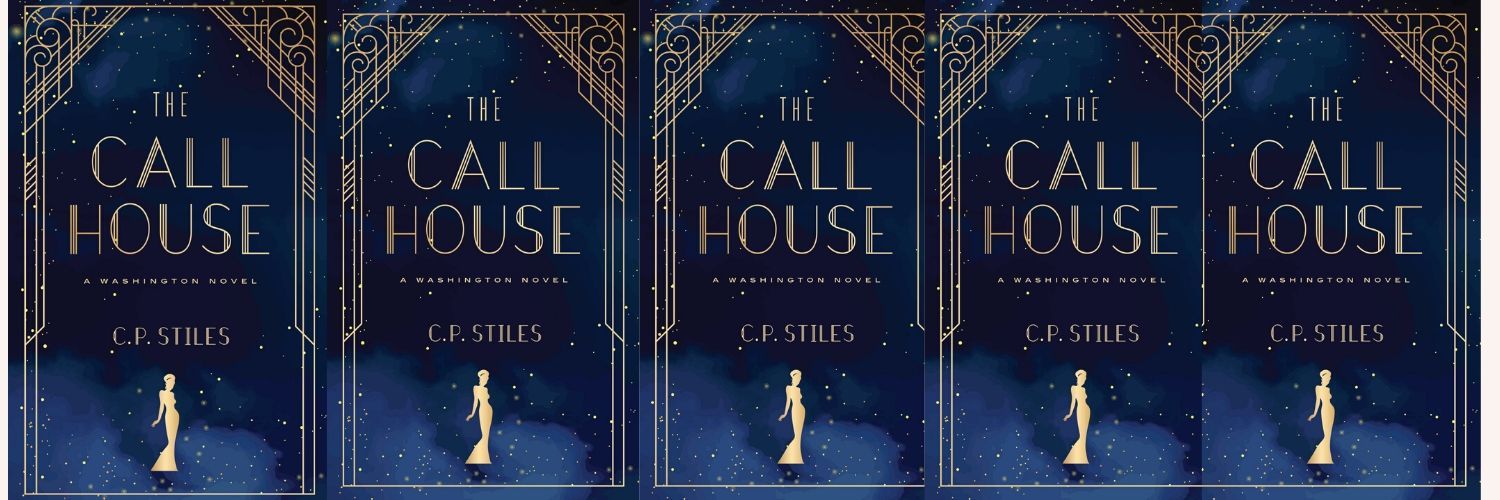
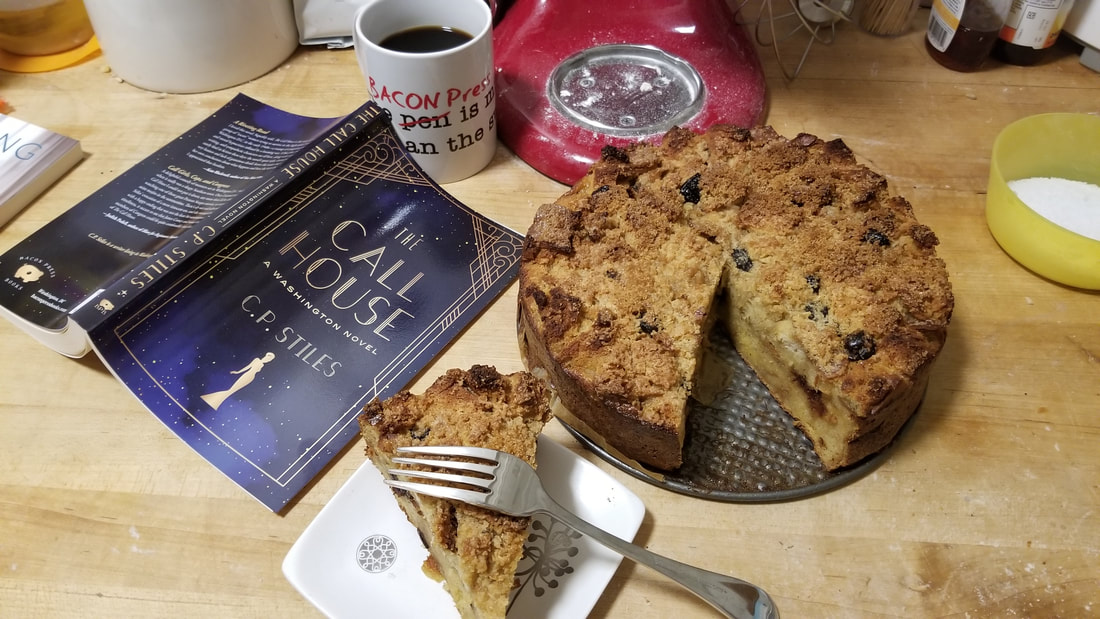
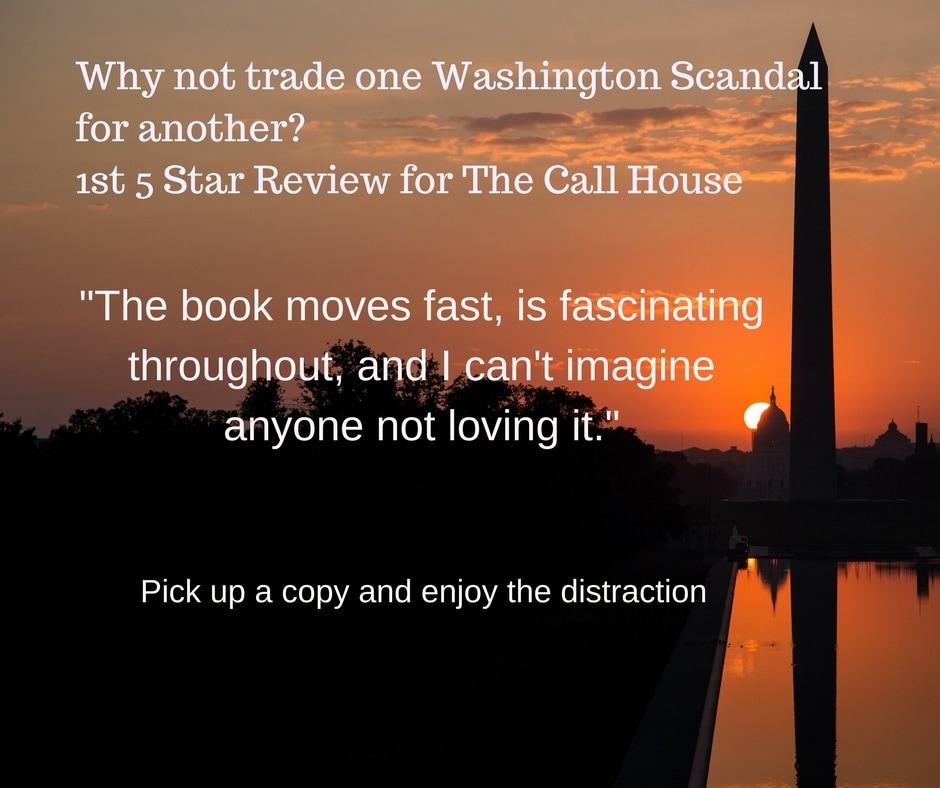
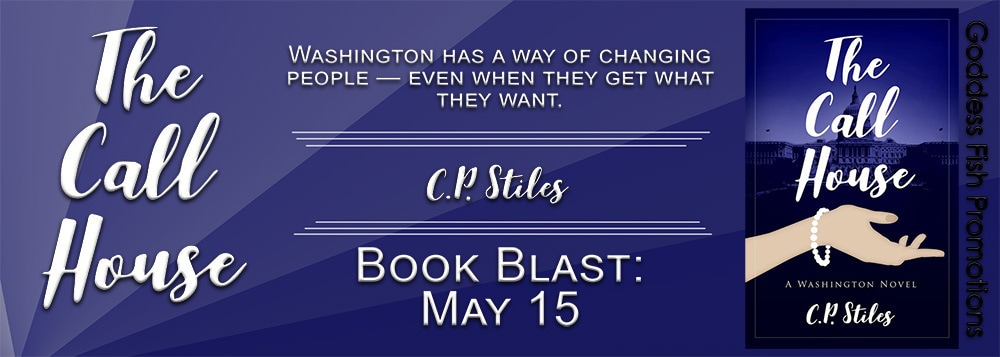


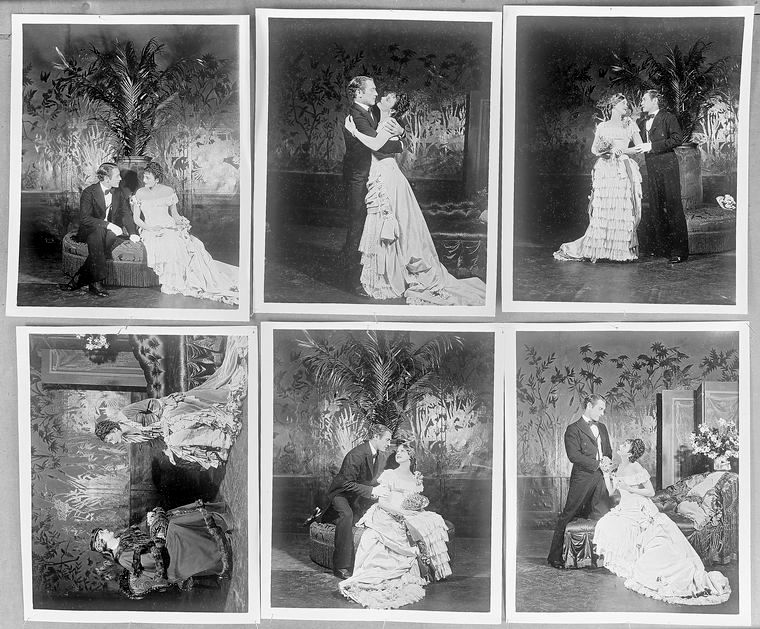
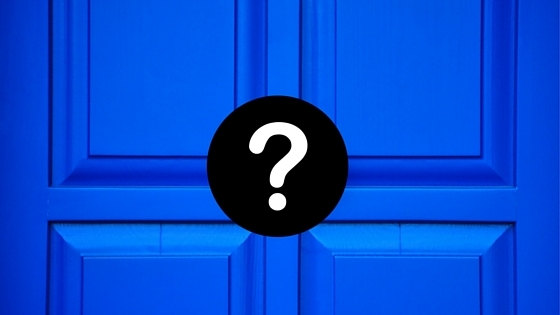

 RSS Feed
RSS Feed
